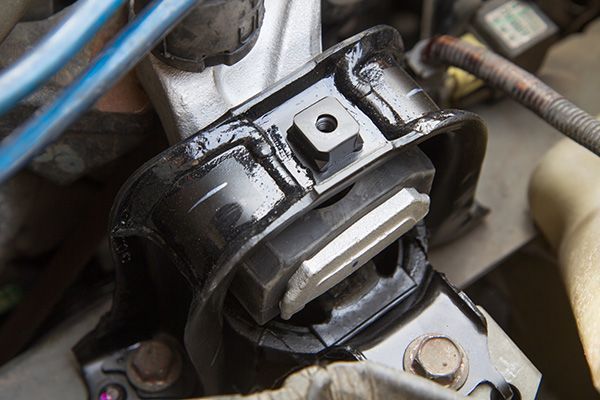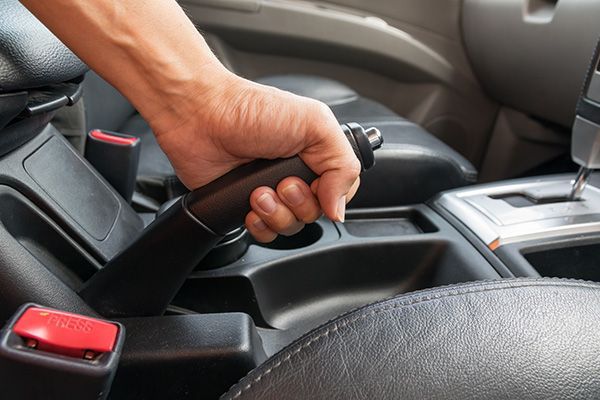Our Blog
Discover expert diagnostics and electrical auto services in Corpus Christi at Pro Drive. Experience top-tier automotive care. Schedule an appointment today!
Expert suspension & steering services by Pro Drive in Corpus Christi, TX. Ensure a smooth ride and safe driving experience. Call us today!
Ensure your car's longevity with expert auto inspections & maintenance at Pro Drive in Corpus Christi, TX. Trust our experienced team. Visit us today!






